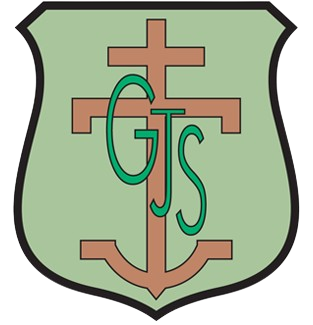RE Intent
Intent, Implementation and Impact
The national curriculum for RE aims to ensure that all pupils:
- Describe and make connections between different features and religions and worldviews. Discover more about celebrations, worship, pilgrimages and rituals which mark important points in life, in order to reflect on their own ideas.
- Describe and understand links between stories and other aspects of the communities they are investigating, responding thoughtfully to a range of sources of wisdom and to beliefs and teachings that arise from them in different communities.
- Explore and describe a range of beliefs, symbols and actions so that they can understand different ways of life and ways of expressing meaning.
- Observe and understand varied examples of religions and worldviews so that they can explain, with reasons, their meanings and significance to individuals and communities.
- Understand the challenges of commitment to a community of faith or belief, suggesting why belonging to a community may be valuable, both in diverse communities being studied and in their own lives.
- Observe and consider different dimensions of religion, so that they can explore and show understanding of similarities and differences between different religions and worldviews.
- Discuss and present their own and others’ views on challenging questions about belonging, meaning, purpose and truth, applying ideas of their won thoughtfully in different forms including: reasoning, music, art and poetry.
- Consider and apply ideas about ways in which diverse communities can live together for the well-being of all, responding thoughtfully to ideas about community, values and respect.
- Discuss and apply their own and others’ ideas about ethical questions, including ideas about what is right and wrong and what is fair and express their own ideas clearly in response.
Intent
R.E in Greengate Junior School is taught in a stimulating, interesting and enjoyable way which encourages the children to learn, enquire and evaluate the fundamental questions of life. We give the pupils the ability to evaluate their own and others’ views.
The teaching of R.E is important to promote the children’s social, moral and cultural awareness. The values that are embraced at Greengate Junior School will prepare the children with the right skills and attitudes to flourish in the community and be good citizens in a diverse society.
Pupils are encouraged to appreciate different religions, beliefs, viewpoints and cultures and develop their own views through enquiry, questioning and investigation.
British values are supported by the teaching of the concepts of: democracy, the rule of law, individual liberty, mutual tolerance and respectful attitudes.
Implementation
The content of our Religious Education Scheme of work is based on the Cumbria Agreed Syllabus for Religious Education and taught for an hour, once a week. The topics have been planned so that all children experience an overview of the main world religions with the main emphasis on Christianity and two world religions studied in depth, which are Islam and Buddhism.
The long term overview of how R.E is taught in Greengate Junior School shows continuity and progression of knowledge and understanding of religions. Our short term planning is more detailed and allows for enquiry and a child centred approach.
A cross curricular approach is provided and R.E is taught through a range of subjects including: art, drama, poetry and music.
Impact
Outcomes are in topic books and through class discussions. Children are encouraged throughout sessions to discuss their own ideas, thoughts, feelings and views on a range of topics.
The children write down what their thoughts are before and after units of work and are challenged to be: informed, expressive, enquiring and reflective. This can be achieved through different mediums including discussion.
